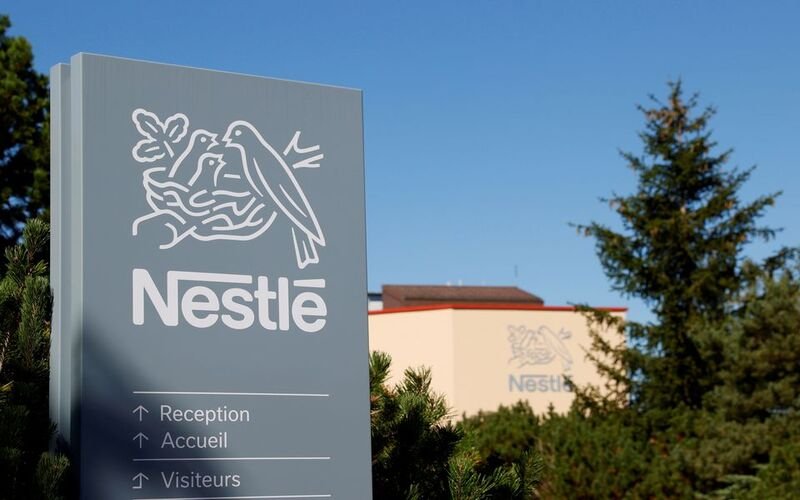Nestle (NESN.S) is testing Airbus (AIR.PA) satellites to track reforestation amid worldwide worries over consumer products businesses’ carbon footprints.
The world’s largest food business said Airbus’ Pléiades Neo satellites would offer high-resolution photos in southern Thailand’s Ranong and Chumphon provinces to assist Nestle’s sourcing region trees thrive.
“It’s more accurate because you need to go down to 30 centimetres, which is a sheet of paper,” Nestle Executive Vice President, Head of Operations Magdi Batato told Reuters.
“The EU (European Union) green taxonomy touches on a lot of points, and one point which is coming more and more to the table today is landscapes,” Batato added. “Restoring landscapes removes carbon.”
Nestle’s 2030 supply chain reforestation effort intends to plant and cultivate 200 million trees. It says it planted 12.4 million trees in Australia, China, Ghana, and Thailand in 2022.
The creator of KitKat bars, Nescafe coffee, and Maggi stock cubes said the satellites would monitor over 150,000 shade trees in fields where it obtains coffee for 20 years.
The business stated shade trees prevent coffee plants from overexposure to the sun, boost output and productivity over time, and remove carbon from the environment.
“We aim to sequester 200,000 metric tonnes of carbon over the lifetime of this project,” said Benjamin Ware, Nestle’s global head of climate and sustainable sourcing. The business thought six shade trees could “sink” one tonne of carbon.



































Comment Template